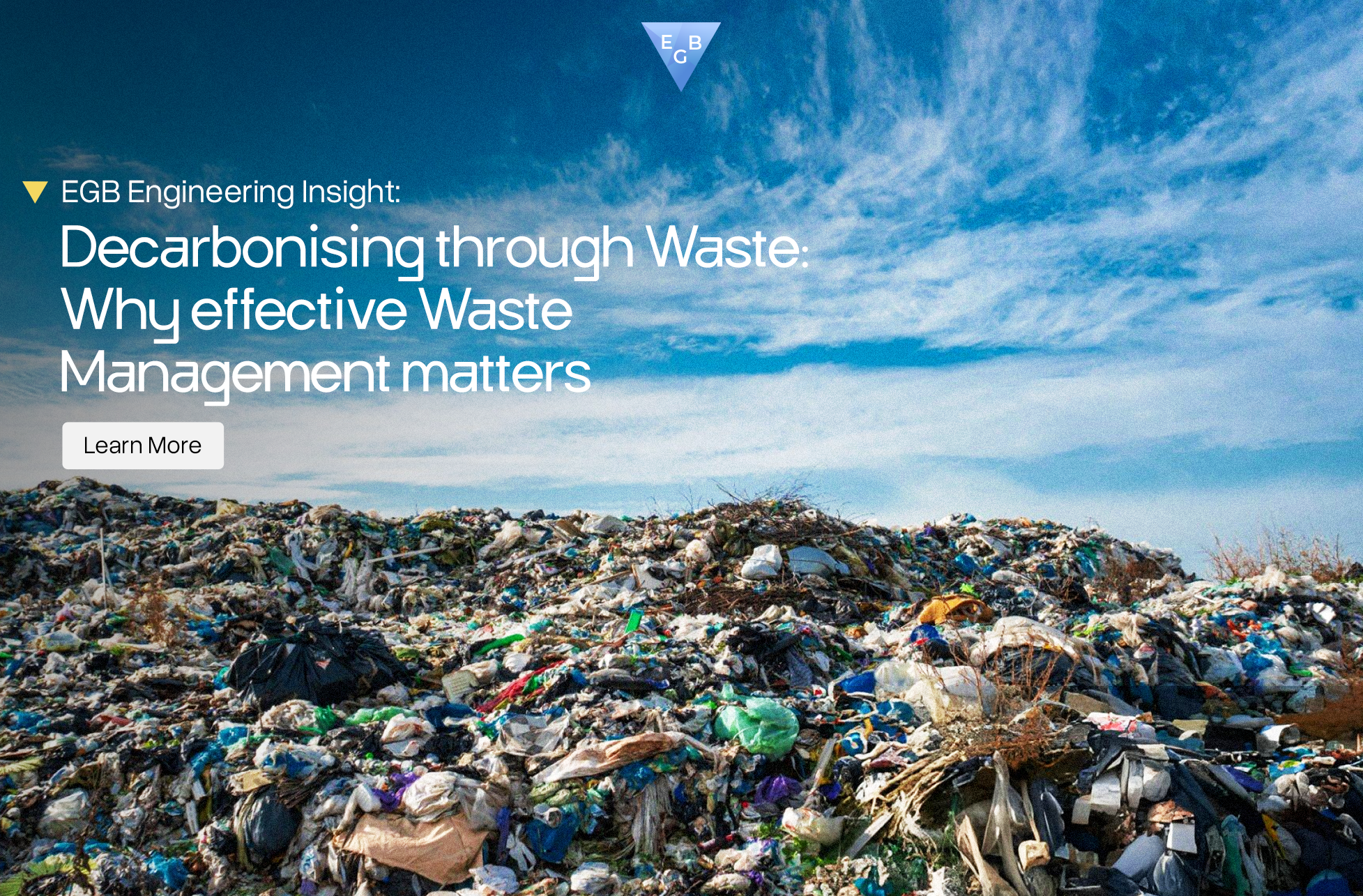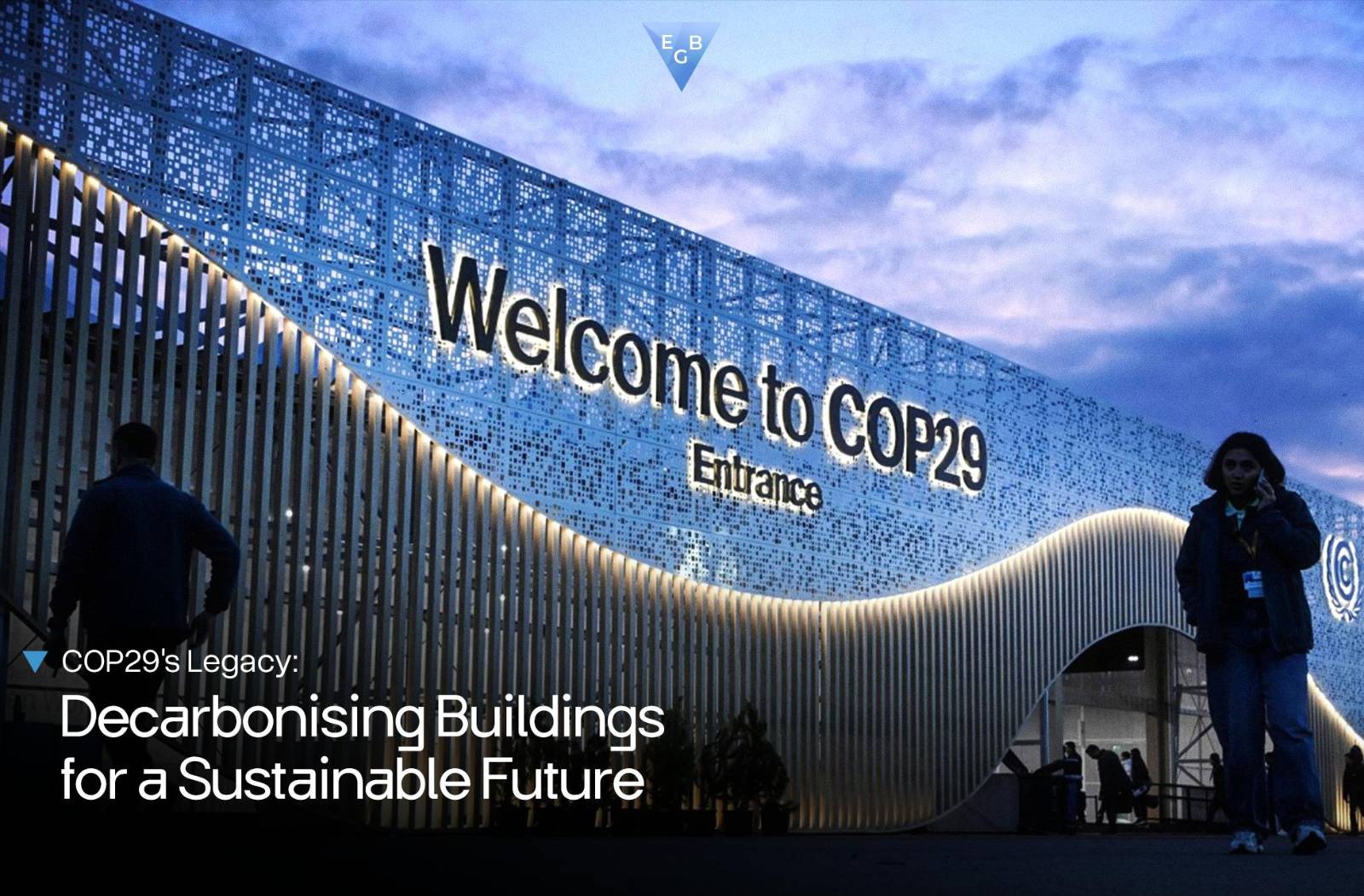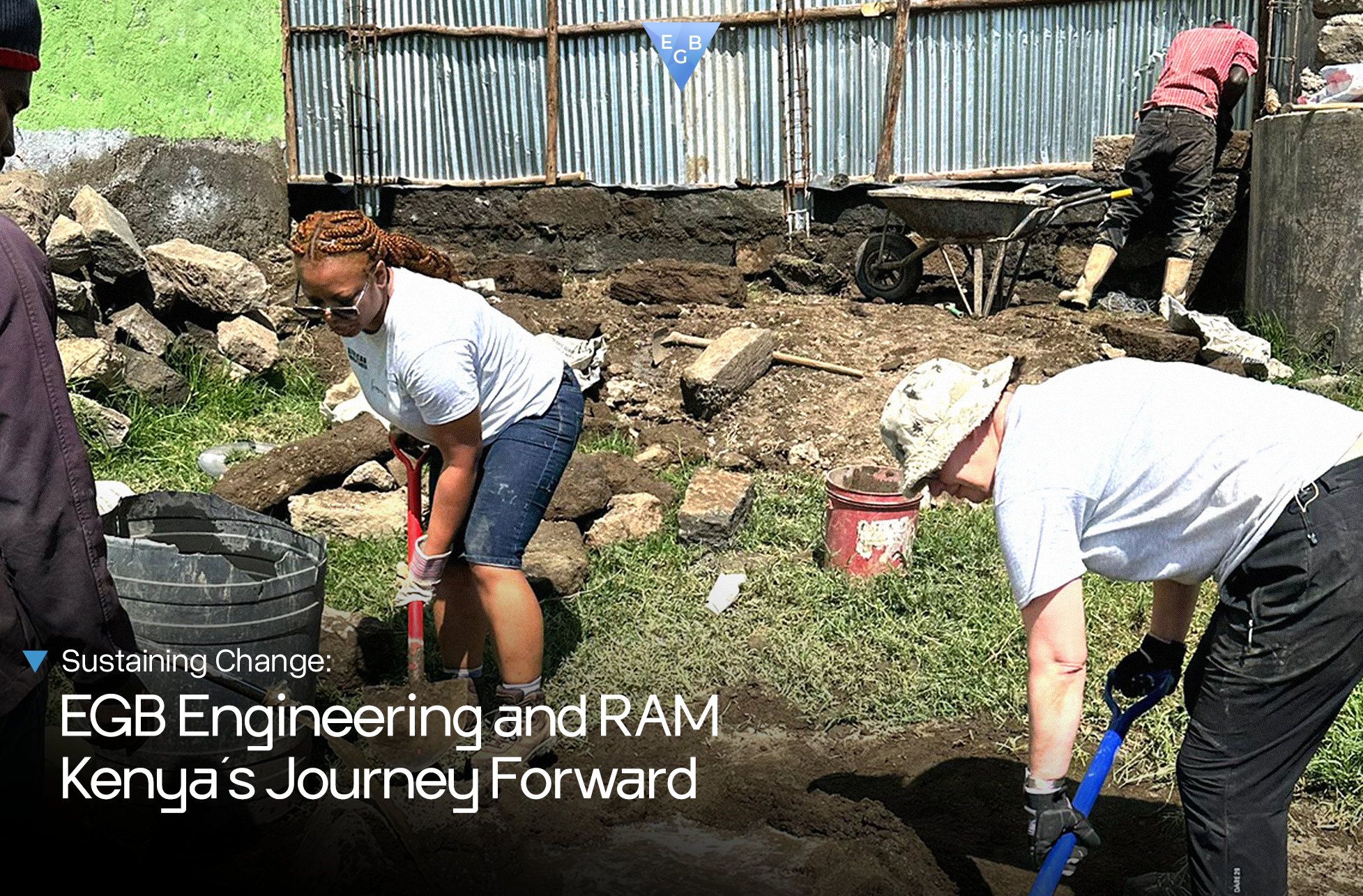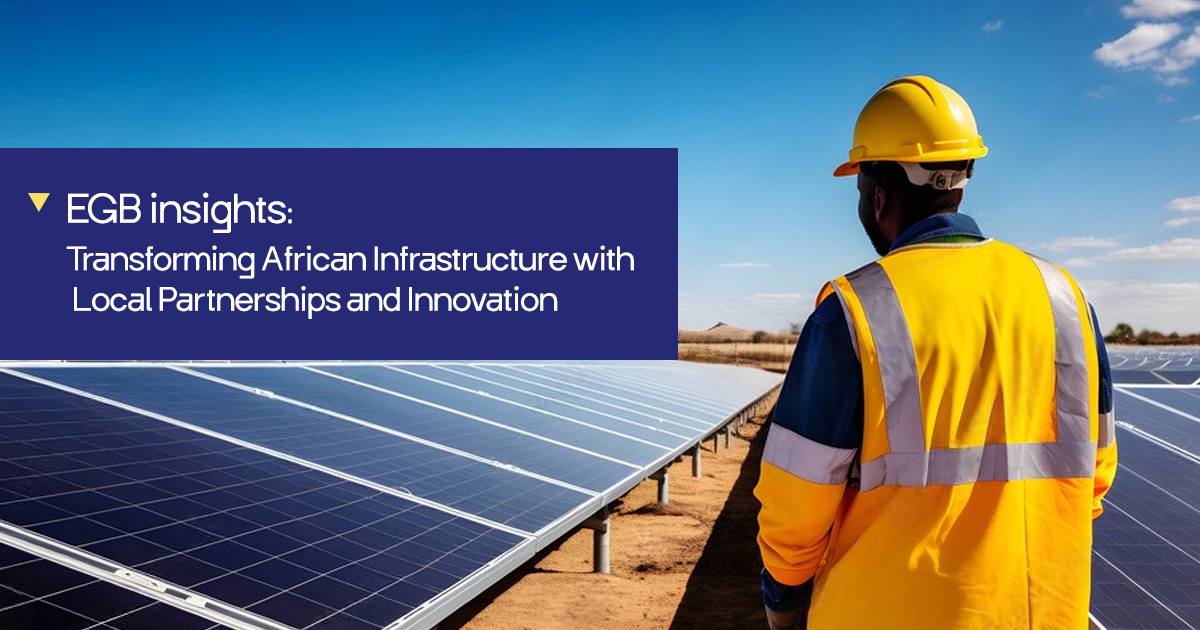
Decarbonising through Waste: Why effective Waste Management matters
Aim of this Insight
This review explores the current challenges and status of the UK’s waste management systems and how improved circularity can help the country achieve its 2050 net-zero goals.
Waste Management’s Role in Decarbonisation
Waste management plays a pivotal role in achieving global decarbonisation goals, a critical objective in the fight against climate change. As nations and organisations work towards reducing carbon emissions and reaching net-zero targets, the contribution of waste to greenhouse gas (GHG) emissions has become a significant concern. Waste management is closely tied to the principles of the circular economy, highlighting its global relevance.
In the UK, the waste sector accounted for 3.7% of total GHG emissions in 2021, with landfills responsible for 70% of these emissions. While the reduction of GHGs is seen as an urgent issue across all industrial sectors, there are still gaps in waste management strategies. Waste emissions, contributing 3–5% of total GHGs, stem from landfills, waste transport, treatment processes, and incineration.
Global GHG Emissions and the Path to Net-Zero
Since 1750, human activities have released approximately 2,560 billion tons of CO2 into the Earth’s atmosphere, making it a primary driver of climate change. To meet the global net-zero target by 2050, a reduction of 1.4 billion tons of CO2 annually is essential.
The UK’s Carbon Budget and Net-Zero Target
The UK aims to achieve net-zero emissions by 2050, targeting reductions across all economic sectors. In 2020, transportation accounted for 25.7% of net GHG emissions, followed by energy supply (20.4%), business (17.7%), residential (16.3%), and agriculture (11.2%). Waste management, along with industrial processes and the public sector, contributed 8.6% of total emissions.
Understanding Solid Waste (SW) and Management Strategies
Solid waste (SW) comprises a variety of materials generated from households, industries, businesses, farms, and buildings. With increasing global populations, urbanisation, and economic growth, SW generation has surged. The global average waste generation per person is 0.74 kg daily, though this varies by income level and region.
By 2050, annual global SW generation is expected to rise from 2.01 billion tons (in 2016) to 3.4 billion tons, driven by natural resource consumption and lifestyle changes. Waste composition also varies: high-income countries generate more plastic and paper waste, while low- and middle-income nations produce more organic waste, such as food and agricultural by-products.
Currently, around 40% of global waste is sent to landfills, 19% is recycled or composted, 11% is incinerated or used for energy recovery, and 33% is littered, leading to severe environmental pollution.
The Impact of Waste on Decarbonisation
Waste significantly contributes to GHG emissions, particularly through the release of methane (CH₄) from landfills and CO₂ from the incineration of non-biodegradable waste. Methane, with a global warming potential 25 times greater than CO₂, is a major driver of climate change. Additionally, waste production is closely tied to energy consumption, as manufacturing goods that become waste requires energy, often from fossil fuels.
Reducing waste and improving management practices are critical to minimising emissions and advancing decarbonisation.
Effective Waste Management Strategies for Decarbonisation
- Waste Reduction and Recycling: The most effective way to cut emissions is by reducing waste generation. Recycling materials, such as aluminium, can save up to 95% of the energy needed to produce new products from raw materials.
- Composting and Organic Waste Management: Composting food and organic waste can significantly reduce methane emissions from landfills, contributing to a circular economy by turning waste into compost for agricultural use.
- Waste-to-Energy (WtE) Technologies: Technologies such as anaerobic digestion and energy recovery from incineration can convert waste into energy, reducing landfill dependency and lowering emissions.
- Landfill Gas Capture and Utilisation: Capturing methane from landfills and converting it into energy prevents GHG emissions and creates renewable energy sources.
- Circular Economy Practices: Shifting from a linear “take, make, dispose” model to a circular economy focuses on designing products for longevity, repair, and reuse, which reduces waste generation and carbon footprints.
Adapting to Waste Management Challenges
Achieving decarbonisation through effective waste management requires a multi-faceted approach involving innovation, regulation, and public engagement.
- Policy and Regulation: Governments can drive waste reduction by implementing landfill taxes, extended producer responsibility (EPR), and recycling targets.
- Technological Innovation: New technologies, such as smart waste bins, AI sorting systems, and chemical recycling, are vital for improving waste management and reducing emissions.
- Public Awareness and Behaviour Change: Educating consumers on sustainable practices like recycling and composting is essential for reducing waste and supporting decarbonisation efforts.
Integrating Waste Management into Decarbonisation Strategies
To make significant progress towards decarbonisation, waste management must be integrated into national and international climate strategies. This includes aligning waste reduction goals with climate targets, investing in sustainable infrastructure, and fostering collaboration between governments, businesses, and communities.
Effective waste management not only reduces emissions but also conserves resources, promotes sustainable development, and creates economic opportunities. Prioritising waste reduction, recycling, and energy recovery is essential for lowering the carbon footprint of waste and moving towards a net-zero future.
About EGB Engineering
EGB Engineering is a leading engineering design company offering products and services related to power solutions and complex engineering systems. We serve sectors including aerospace, defence, energy, marine, and nuclear. Our work is instrumental in helping governments and organisations achieve net-zero by 2050, and we remain dedicated, innovative, and daring in our technological aspirations while delivering quality solutions on time and within budget.




